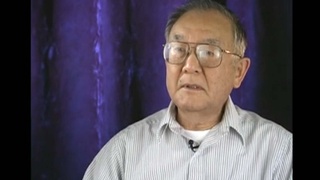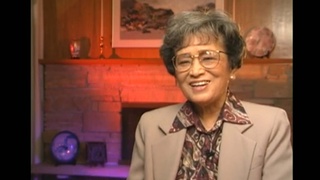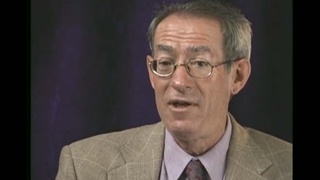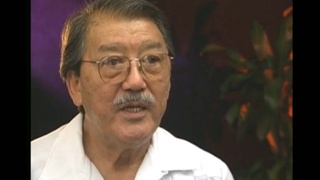Interviews
Changing "reparations" to "redress"
I really never did like the word “reparation.” Somehow the word “reparations” to me, is tied together with war. [The] defeated nation always pays something to the winning nation, and if you’re defeated in war, there were “reparations” to pay. And I thought, you know, this is not a war. I did not like the word “reparations.” I thought the word “redress” was much more likely, but also interesting because the Seattle group had already used the word “redress” rather than “reparations.” So I felt that “redress” was [a] much better word. I was writing these articles in 1977 and 1978. In one of the articles, I mentioned that from here on we’re just going to use the word “redress” rather than “reparations.”
Date: July 1-2, 1998
Location: California, US
Interviewer: Mitchell Maki, Darcie Iki
Contributed by: Watase Media Arts Center, Japanese American National Museum








